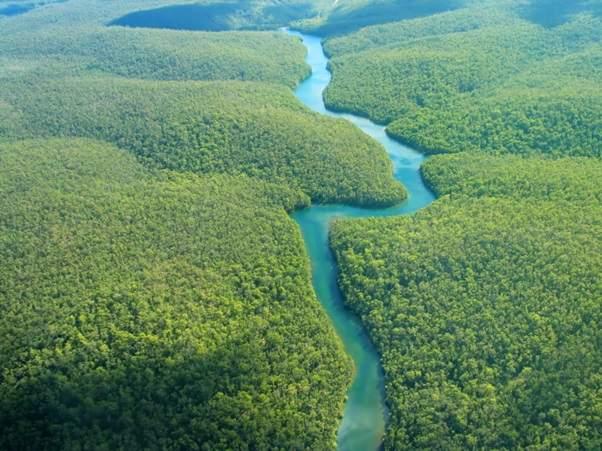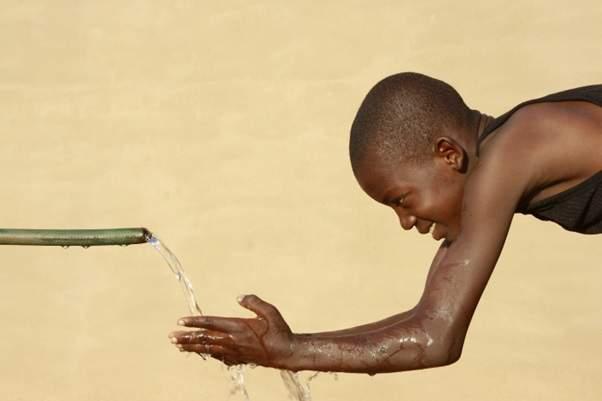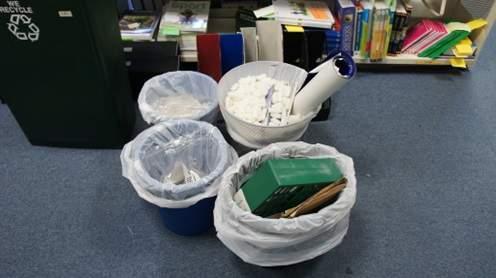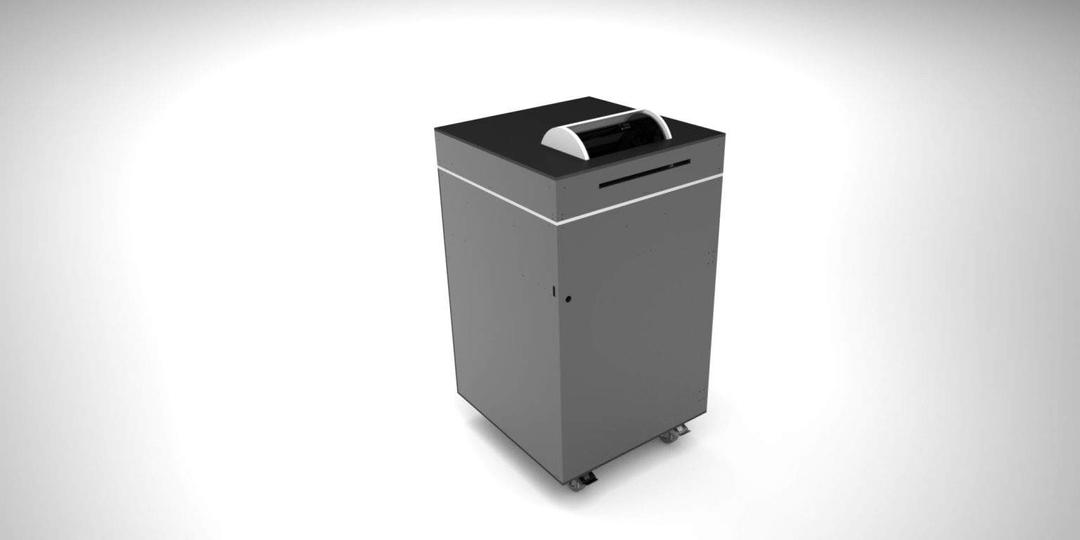PLAEX is encouraging optimal waste management on World Rivers Day (24 September)
24 September 2022, By PLAEX Technologies
Estimated time to read: 18 minutes
Can you live without water? The obvious answer is "NO". Water makes up to 50% to 70% of your body weight. Every human on average consumes up to 3 to 4 liters of water every day.

According to NRDC it might be very shocking that around 80% of the world's wastewater is dumped back into the environment which lands in water bodies and ends up polluting lakes, ponds, rivers, and oceans.
The severity of the problem is not only that it jeopardizes aquatic lifeforms but also the lifeforms that depend on them.
What is water pollution?

The term pollution means the presence of or introduction of harmful or poisonous effects. We know that 71% of the earth's surface is covered by water and 97% of water is salty and can't be consumed. Only 3% is fresh water out of which 1.2% of fresh water can be consumed by humans and the rest is trapped in the form of Glaciers, Ice caps, and Permafrost, or buried deep in the ground. Most of our drinking water comes from rivers and streams. We are polluting rivers and streams by dumping poison into our only remaining 1.2% of fresh water. No one would be willing to drink poison, am I right? But our young generation is drinking poisonous water.
What causes water pollution?
Water gets polluted very easily as It's a universal solvent. Most of the pollution is caused by mixing sewage water, spilling oil, radioactive substances, and garbage dumping.
According to national geographic, There are over 5.25 trillion pieces of plastic debris in the ocean, of which 269,000 tons float on the surface, and the remaining four billion plastic microfibers per square kilometer still litter the deep sea.
How can water pollution be prevented

The European Union is taking vigorous steps to revert back the damages done, by implementing a biodiversity strategy that will bring back previously polluted Freshwater ecosystems by the year 2030, various river basin management plans are also planned to be executed, and many more.
Whether or not you believe the government is doing enough, there is no doubt that we as individuals also have a role to play in helping to revert and prevent further pollution of the environment, including our water bodies.
Optimal management of our waste should be one of our top priorities as it is a measure much more within the control of the individual. At home, but especially at work and in public spaces, where responsibility for sorting waste properly is likely diffused (see diffusion of responsibility), steps are needed to be taken to ensure that waste is properly sorted in order to reduce the likelihood that it would end up being landfilled, incinerated or dumped in bodies of water.
As smart business leaders and members of ethical organizations, sorting waste optimally at work, certainly ensures that you are doing your part in preventing future water pollution.
How can you sort waste optimally at work?
Without making mistakes and throwing the wrong thing in the wrong bin?
How can you also keep track of how well you are doing?
The answer to these questions and more is a solution that has been developed by PLAEX Technologies from the Netherlands, which exists to contribute to making a circular economy where there will be zero waste production.
More about PLAEX

PLAEX is an automatic waste sorting bin producer. The PLAEX bins are not only aesthetically pleasing but are also very intelligent.
The bins are able to sort the waste into 4 different categories according to EU standards, and could potentially reduce residual waste production by up to 80% and reduce waste pickup costs by up to 68%. All the sorted waste is kept track of and reported in an online dashboard. The bins also provide fill level notifications telling your crew when to empty the bin. Most enticing, however, could be that PLAEX provides an exciting pilot program, giving your organization the opportunity to try out the bins.
Conclusion
On this world rivers day, we can and should pledge to more judiciously use the clean water we have, while also taking steps to prevent future contamination of our water bodies.
One key step would be the reduction of residual waste by optimal waste sorting at the point of disposal. To achieve this, you can join PLAEX in using smart bins to achieve our ambition of a circular economy and zero pollution.
Would you like to sign up for PLAEX's pilot program? Book a meeting here. Let's mark this World Rivers Day, to do better.
How would you like to be part of the change to a more sustainable future? Remember, it is not complex, it's PLAEX.